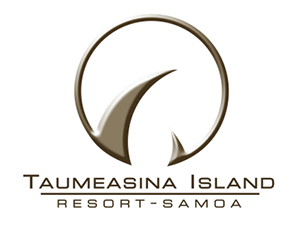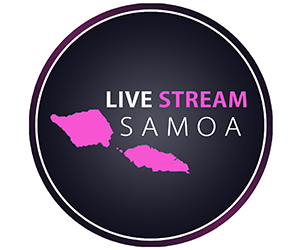Latest
Samoa celebrate International Women’s Day

Samoan women preparing flax leaves for weaving the prized fine mats.
Staff Reporters
APIA, SAMOA 08 MARCH 2021: Samoa joined the world in celebrating the International Women’s Day, 8 March acknowledging Samoan women’s social, economic, cultural, and political achievements and this year focuses on their critical role in effective responses to the COVID-19 pandemic.
“This International Women’s Day we join our partners around the Pacific and in Samoa to celebrate women’s achievements and ensure that in responding to COVID-19 we listen to women and meet their priorities and needs,” said Australian High Commissioner, Her Excellency Sara Moriarty.
“Recognising how COVID-19 affects women and men differently is fundamental to an effective economic response and recovery in Samoa, and a priority for the Australian Government’s Partnerships for Recovery,” said Moriarty.
An analysis of significant gender equality opportunities and challenges during COVID-19 is detailed in a Thematic Brief for ‘Gender and COVID-19 in the Pacific: Gendered impacts and recommendations for response’.
“We know women in the Pacific have been disproportionately impacted by border closures, lockdowns and school closures. They face far higher economic insecurity and vulnerability, unemployment and their burden of unpaid childcare and housework has increased.”
The Centre for Samoan Studies at the National University of Samoa hosted a panel discussion that looked at the barriers to women’s political participation and what is being done to overcome these barriers.

Moderated by Meleisea Leasiolagi Dr Malama Meleisea, the panellists included Ali’imalemanu Alofa Tu’uau, Taulapapa Brenda Heather-Latu, Dr. Simona Marinescu, Mulitalo Mauga Fetogi Va’ai, Muliagatele Ausia Manaia Potoa’e Roberts and Hon. Fiame Naomi Mata’afa.
Other topics addressed included:
- How is gender perceived by women? How does this frame their participation? What are invisible and visible barriers, e.g. policy makers that need to be held accountable, male-dominated political parties, etc.?
- How are women engaging with existing policy frameworks? What progress has been made?
- What confidence is there in women leaders?
- What do we mean by ‘equality’ in women’s political participation? Country Specific – Samoa
- How do the developments of a political party impact on / influence women running?
- What do you think has contributed to women running in this election?
- What are the main challenges facing women candidates?
The Samoa Roundtable is one of three with the others to be held in Malaysia and Morocco, all being a part of a multi country project funded by the British Academy to explore women in political participation, the systems that support or impede participation and the role of the state and local government in shaping women’s roles not only in the sphere of politics but also in society.

The roundtables are filmed for the production of a short documentary across all three countries, and in the case of Samoa, the discussion will be available to the wider public via the NUS Facebook page.
Women in Leadership in Samoa (WILS) Project is a three year joint project implemented by UN Women Pacific and UNDP in Samoa, Cook Islands, Tokelau & Niue with funding from the Australian Government Department of Foreign Affairs and Trade and Trade in partnership with the Government of Samoa Australian High Commission, Samoa.
Some responses from the panellists:
- Dr Simona Marinescu as a former politician. “I too, experienced discrimination as an MP. I was young and female and many times had to fight to be heard! The good news is that women are fighters and are willing to make the difference!”
- Taulapapa Brenda Heather-Latu discusses the ugliness and aggressive behavior women MPs must face while in Parliament which discourages some women from wanting to run for office yet it is just for this reason why we need women in office.
- Fiame Naomi Mata’afa on the barriers women face running for office.
“It comes down to why you want to run. You must be willing to speak your truth and push for what is right. Your community will know when you are doing this for them.” - Aliimalemanu Alofa Tu’uau speaks about the need for women to be active in their village councils to strengthen relationships and skills. You do not need lots of money to run but you must show your service to your community to garner that trust and respect.















